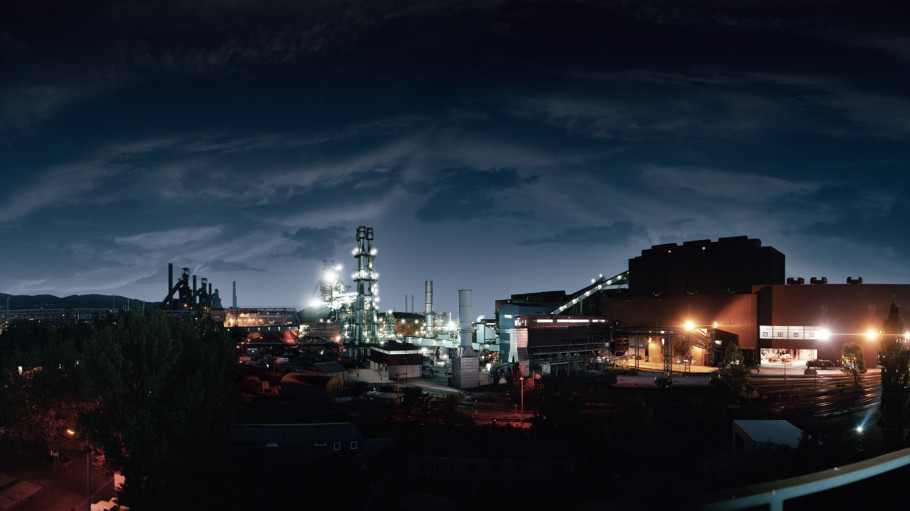
Issues » Industrial policy and the European steel market
Industrial policy and the European steel market
Downloads and links
Recent content
Economic and market outlook
Industry4Europe

The European steel industry is a strategic sector at the heart of the EU economy - responsible for 330,000 direct jobs and 2.6 million indirectly or induced jobs overall. The 160 million tonnes of finished steel the industry produces every year make modern life possible, with the metal used in automotive production, construction and in the creation of household and medical goods and appliances.
The importance and size of the European steel industry to the EU economy means that ensuring the regulatory and legislative framework is appropriate is the essential work of policy makers. This includes all facets of laws which affect the way the sector operates, including climate, competition, environment and trade policies. Only through getting all of these policies right can the sector's competitiveness be enhanced.
Taken together, the way these policy approaches interact is where the EU's industrial policy comes in: the attempt to bring order to a large rule book and to ensure that the right support and framework exists for the European steel sector to be competitive in a world of cut-throat competition. EUROFER supports the EU's work to build an industrial policy fit for the 21st century.
No industrial policy worth its name can exist without hard data confirming the trends in the sector. This is why EUROFER has a dedicated statistics and market analysis division - which compiles and updates a large body of statistical and economic data pertaining to the sector. This coverage includes employment, production, real and apparent demand, trade statistics and so on. EUROFER includes much of this data in its annual European Steel in Figures guide and its quarterly Economic and Market Outlook reports.
Brussels, 11 February 2026 - The European Steel Association (EUROFER) has backed a call to action adopted by European companies and industries in Antwerp today, which includes a demand on the EU to take urgent action to bring electricity prices down as a condition for Europe’s industrial drive, competitiveness and economic resilience.
Brussels, 02 December 2025 – Unchanged negative conditions – U.S. tariffs and trade disruptions, economic and geopolitical tensions, protracted weak demand and still high energy prices – continue to weigh on the European steel market. EUROFER’s latest Economic and Steel Market Outlook confirms for 2025 another recession in both apparent steel consumption (-0.2%, unchanged) and steel-using sectors (-0.5%, revised from -0.7%). A potential recovery is expected only in 2026 for the Steel Weighted Industrial Production index (SWIP) (+1.8%, stable) and for apparent steel consumption (+3%, slightly revised from +3.1%) – although consumption volumes would still remain well below pre-pandemic levels. Steel imports retained historically high shares (27%), while exports plummeted (-9%) in the first eight months of 2025.
Fourth quarter 2025 report. Data up to, and including, second quarter 2025
The European Steel Association publishes quarterly economic reports assessing the state of the industry.
EUROFER is a member of Industry4Europe, a large and unprecedented coalition of organisations dedicated to campaigning for an ambitious EU industrial strategy.